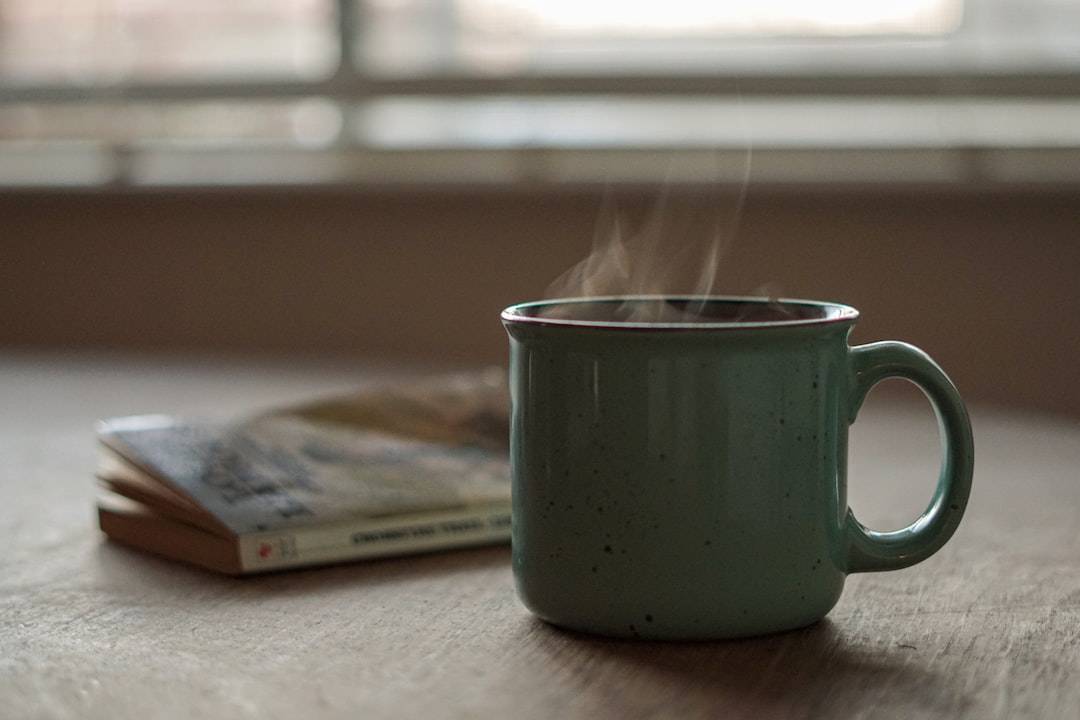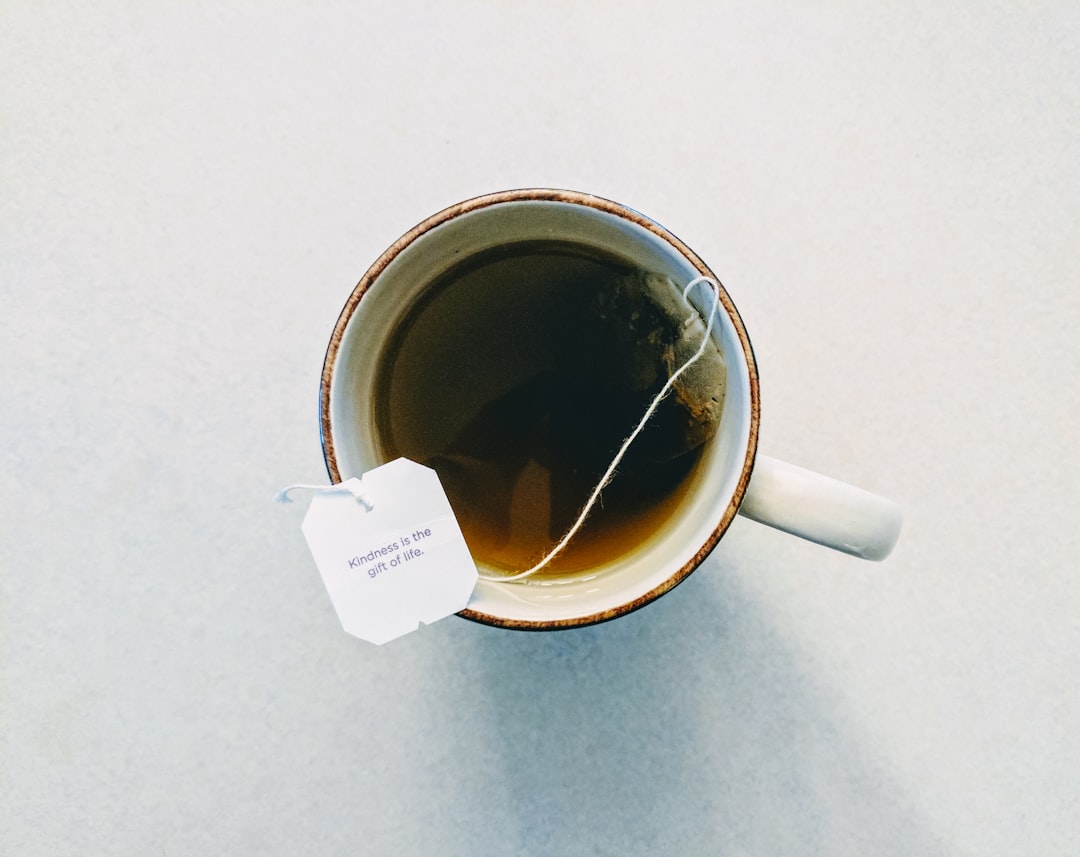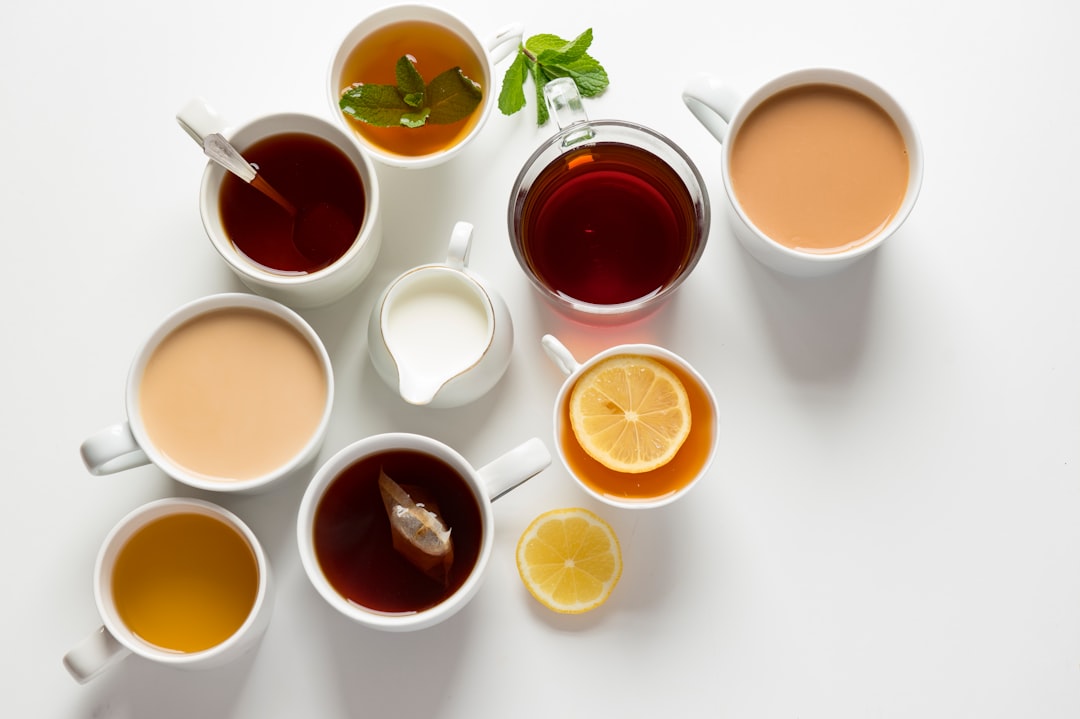Many of us lead busy lives, constantly juggling multiple responsibilities and struggling to find a sense of balance. We may feel like we don’t have enough time to relax or take care of ourselves, which can lead to stress, anxiety and burnout. However, incorporating micro-moments into our daily routines can help us find that much-needed equilibrium. But what exactly are micro-moments?
In a world where time is a precious commodity, micro-moments are those brief instances of time when we can choose to be present and aware. These moments can occur at any time, whether it’s while waiting in line, taking a short break from work, or even during our daily commute. Taking just a few seconds to notice our surroundings, take a few deep breaths, or observe our thoughts can lead to immense benefits for our mental and emotional wellbeing.
In this blog post, we’ll explore the science behind micro-moments, provide examples of how to implement them into daily life, discuss their significance in achieving a balanced life, offer tips for overcoming common obstacles, and encourage readers to prioritize self-care by trying out micro-moments for themselves. So sit back, take a deep breath, and let’s dive in!
The Science behind Micro-Moments
Micro-moments have been gaining attention as a powerful tool for stress reduction and overall well-being. These small, mindful acts occur when we pause for just a few moments to focus on the present and a specific action or sensation. But how do these seemingly minor actions have such a significant impact on our emotional and physical health?
The answer lies in the way our brains process information. When we experience a micro-moment, we activate the prefrontal cortex, the part of the brain responsible for decision-making, empathy, and self-awareness. This part of the brain can become overwhelmed in times of stress or anxiety, leading to a decrease in cognitive function and an increase in negative thoughts and feelings.
But when we take time for micro-moments, we activate these critical neural pathways, allowing us to self-regulate and manage our emotional responses effectively. These moments can help combat the effects of chronic stress and anxiety, reducing the risk of burnout and improving overall well-being.
Studies have furthermore shown that micro-moments can have a positive effect on physical health, including lowering blood pressure and reducing inflammation in the body. By taking just a few moments each day to focus on our senses, breath, or any other positive stimuli, we can reduce the negative impact of stress on our body and mind.
Incorporating micro-moments into daily life can be an effective strategy for boosting resilience, improving decision-making skills, and cultivating a more positive and peaceful mindset. By prioritizing these moments, we gain control over our thoughts and emotions, making us less reactive to stressors and improving our overall quality of life.
Science shows that there is power in the small moments we create for ourselves every day. Taking a few moments of focus, intention, and self-awareness can have a profound impact on our physical and emotional health, ultimately leading to a more fulfilling and balanced life.
But when we take time for micro-moments, we activate these critical neural pathways, allowing us to self-regulate and manage our emotional responses effectively.
Examples of Micro-Moments
Micro-moments may seem small, but they can have a big impact on our overall well-being. Here are some examples of micro-moments that can be easily incorporated into daily life:
1. Mindful Breathing: Take a moment to pause and focus on your breath. Close your eyes and inhale deeply, hold for a few seconds, then exhale slowly. This can be done while sitting at your desk or in the middle of a busy day.
2. Walking Meditation: Take a break from your work and go for a short walk around the block. As you walk, focus your attention on your breath and the sensations in your body. This can be a great way to clear your mind and refocus your energy.
3. Gratitude Practice: Take a moment each day to think about the things you are grateful for. This could be as simple as expressing gratitude for having a roof over your head and food to eat, or it could be more specific, like expressing gratitude for a kind gesture or supportive friend.
4. Mindful Eating: Take a few minutes to really savor your food. Put away distractions, like your phone or computer, and focus on the flavors, smells, and textures of your meal. This can help you feel more satisfied and mindful of your food choices.
These moments can be tailored to your personal preferences and schedule. If you prefer movement over stillness, perhaps try some gentle stretching instead of breathing exercises. Find what works for you and make it a daily habit.
Micro-moments can be beneficial for all personality types. For those who tend to feel overwhelmed or anxious, incorporating these moments can help combat stress and anxiety. For those who struggle with staying present and focused, micro-moments can help you stay mindful and engaged in the present moment.
Remember, these moments may seem small, but they can add up to make a big difference in how you feel and function on a daily basis. Incorporating micro-moments into your daily routine can contribute to a more balanced life, decreased burnout, and increased productivity. So, take a moment for yourself today and try implementing a micro-moment into your routine.
This can help you feel more satisfied and mindful of your food choices.
How micro-moments contribute to a balanced life:
Micro-moments are not only important for mental health, but they also contribute significantly towards achieving a balanced life. It is a common misconception that rest and relaxation only come from long periods of rest or extended holidays, but this is not always the case. Micro-moments provide an excellent alternative to this long-standing belief, and they are just as important as longer periods of rest.
In fact, by taking small moments throughout the day, you can remain present and mindful, which ultimately leads to less burnout and increased productivity. With so much focus on productivity in today’s society, micro-moments are an essential tool for the modern professional who wants to remain efficient and avoid burnout.
Furthermore, micro-moments don’t have to be complicated or time-consuming. They can be as simple as taking deep breaths, enjoying a cup of coffee, or taking a leisurely stroll during the day. These simple moments can help you stay present and focused and make a significant difference in your professional and personal life.
It is essential to remind ourselves that taking care of our mental health and wellbeing is a top priority, and incorporating micro-moments into daily routines is a great way to start. By taking these small moments throughout the day, we can remain present and mindful, reduce stress and anxiety, and improve our overall health and productivity.
Furthermore, micro-moments don’t have to be complicated or time-consuming.
Implementing micro-moments in a busy schedule:
After understanding the many benefits of micro-moments, it can still be challenging to carve out time for these small but effective moments of self-care. Many individuals may feel that they are simply too busy to fit in any extra activities into their day, or may struggle with a lack of routine or structure to their schedule.
Fortunately, there are several tips and tricks that can help make incorporating micro-moments a more achievable goal:
- Schedule it in: Just as you would schedule in an important meeting or appointment, try setting aside a specific time slot for your micro-moment. This can help create a routine and ensure that you prioritize this time for yourself.
- Start small: Remember, micro-moments don’t have to take up a large chunk of time. Start with just a few minutes, and gradually work up to longer periods as you become more comfortable and experienced.
- Make it convenient: Look for ways to incorporate micro-moments into your existing routine. For example, take a moment to do a quick breathing exercise while waiting in line for your morning coffee or engage in a mindful walk during your lunch break.
- Involve others: Consider making micro-moments into a social activity by inviting a friend or coworker to join in. Not only does this provide a way to connect with others, but it also adds an element of accountability to your routine.
By implementing these strategies, you can start incorporating micro-moments into your daily life, regardless of how busy or unpredictable your schedule may be. And remember, the benefits of these moments of self-care are well worth the effort.
This can help create a routine and ensure that you prioritize this time for yourself.
Combining Micro-Moments with Other Self-Care Practices:
Micro-moments are not meant to be a replacement for other self-care practices, but rather a supplement to them. Combining micro-moments with other self-care practices can enhance their effectiveness and provide a greater sense of well-being. Here are some examples of how you can combine micro-moments with other self-care practices:
Exercise:
Incorporating micro-moments of movement throughout the day can complement a regular exercise routine. Taking a short walk outside or doing a few yoga stretches between tasks can provide a physical break and boost energy levels. On the other hand, a longer workout session can be followed by a micro-moment of stillness or meditation, allowing the body to rest and the mind to settle.
Meditation:
Adding micro-moments of mindfulness to daily life can support a regular meditation practice. Using a brief moment of waiting in line, sitting at a traffic light, or even brushing your teeth can become an opportunity to focus on the present moment and engage in deep breathing. Likewise, ending a longer meditation session with a brief period of gratitude or positive affirmations can help anchor a sense of calm and well-being throughout the day.
Journaling:
Pairing micro-moments of expression with regular journaling can enhance self-awareness and promote emotional processing. Taking a few minutes to jot down thoughts or feelings throughout the day can be a valuable release and help to gain perspective. On the other hand, ending a longer journaling session with a positive affirmation or self-loving statement can help solidify feelings of self-compassion and hope.
Remember, self-care is not one size fits all. Combining micro-moments with other self-care practices can be an empowering way to create a unique self-care plan that fits your individual needs and preferences. Whether it’s moving your body, quieting your mind, or expressing your emotions, make sure to honor what feels good for you and prioritize your well-being.
On the other hand, ending a longer journaling session with a positive affirmation or self-loving statement can help solidify feelings of self-compassion and hope.
Conclusion:
After exploring the science and benefits of micro-moments, it’s clear that incorporating these small moments into our daily routines can have a significant impact on our overall well-being. They provide a valuable opportunity to stay present, mindful, and combat stress and burnout.
So, to sum it up, micro-moments are not just buzzwords, but they are essential for a balanced life. As we navigate through our busy schedules and daily stresses, it’s crucial that we prioritize self-care and make time for these small moments throughout the day.
We encourage our readers to implement micro-moments into their own lives by selecting moments that work best for you. Whether it’s taking a few deep breaths or enjoying your favorite cup of tea, these small moments can make a big difference.
Remember, self-care should be a priority, and micro-moments are just one small step towards a healthier and more balanced life.





